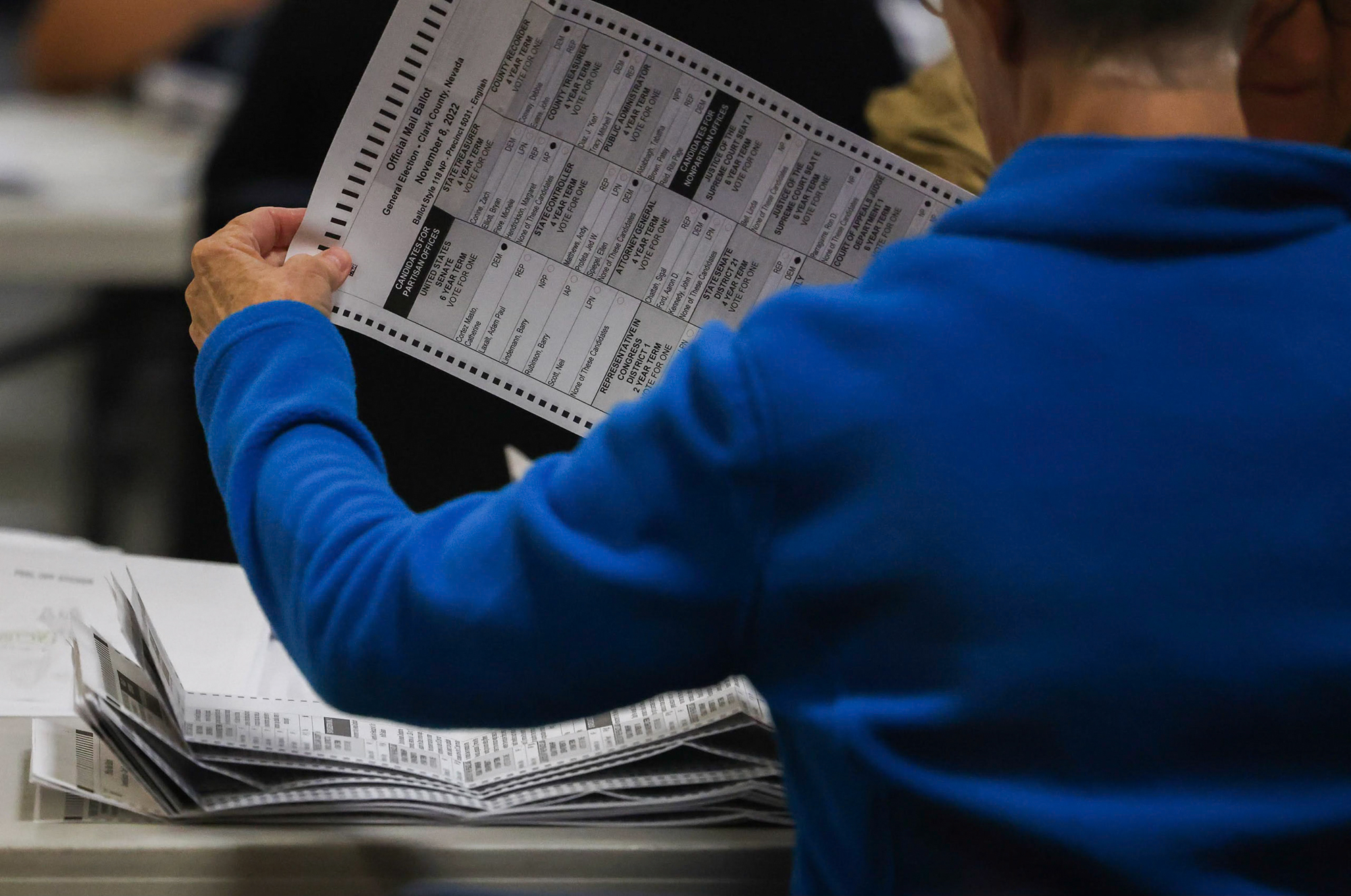Here you go, here’s an olive branch to the “both sides” people. It sounds like, in Nevada, you are correct.
Anything that diminishes the power of the party is a good thing. It’s no surprise that party elites don’t like losing their power. Fuck 'em.
In my state I just saw a commercial calling ranked choice voting “confusing” and that’s why I should be voting against it.
The people who are saying it will confuse us are calling us less sophisticated than WWI era voters.
The Irish love the system and have used it successfully since 1918. I like to think that I’m at least as smart as a laborer from 1918.
When Americans say “ranked choice voting”, what they typically mean is Instant Runoff Voting. It’s kinda the bare minimum you can have and actually consider your system democratic. Ireland actually uses the much better (but also much more complicated—on the back end, from the voters’ perspective they have to do the same thing) system of Single Transferable Vote. A system that is not only preferential but also semi-proportional.
The main difference is STV is used to elect multiple people. In a general presidential election, STV is IRV. Both IRV and STV are types of Ranked Choice Voting.
It would make sense to use STV for - for example - state representatives and senators. The simplest way to do this would be to get rid of congressional districts, which would also eliminate gerrymandering - a process that excludes the electorate and yet had a significant impact on the outcome of elections. Alternatively, we’d have to changing the sizes of the Senate and house.
The reason most efforts in states today advocate RCV is because it leaves open both options: IRV for non-proportional elections, like comptroller, governor, or sheriff; and STV for proportional representation offices, like houses, senates, and board members. RCV is what the voter sees on the ballot; IRV and STV is how votes are proportioned.
Don’t you worry your pretty little head, Mr. Voter.
“Political elite” should not be a phrase.
It’s problematic because it implies a disconnect between those in power and the general populace. It suggests that decision-makers are inherently separate from the communities they serve, which undermines the idea of democratic representation.The real issue is that ‘political elite’ accurately reflects reality. It highlights how disconnected many politicians are from the everyday experiences and needs of the people they represent.
I fully agree.
We can acknowledge that the system is tilted by money and media, without giving up as if it’s all in control of the King and we can’t do anything. I hear people talk about policing in their city, or wanting economic equity in the country, or what-have-you, as if it’s all in the hands of the Gods and we have to moan about how they haven’t done it for us yet, and hope that they do someday.
Doesn’t work that way. The city council runs the police. There are elections. And so on. Make a union. Organize. Vote.
Corporations and the ultra wealthy are buying votes through lobbying and it’s perfectly legal. Our system is corrupt but they don’t need to hide it. There’s no need to pretend that politicians represent their constituents.
Last time it was this bad, the 17th Amendment was added. Sure would be nice if they could think of a new amendment to address the modern take on the problem. It’s hard enough for the idiots in congress to pass basic money bills, so I don’t really expect anything to happen. I hope I’m surprised.
A great organization working on getting it done https://represent.us/ And if you’re in Nevada https://representnv.us/
That is absolutely fantastic. I signed up for a textbank shift this week, and I posted and pinned a link to it.
Well, duh! They can’t easily shove their pro-corporate candidates through to an easy win with ranked choice voting. They don’t care which of their two chosen candidates win, since they’re both going to do their bidding.
Open List Proportional Representation.
It seems like a great thing, but I support unifying behind one big reform idea that’s gaining traction and has name recognition, over splitting the energy too much to things that aren’t on the ballot coming up right now.
Open list PR would be harder to shoehorn onto current legislation (mostly to do with single member districts) and hence less politically viable.
It’s the same story here in Canada with Liberals and Conservatives against proportional representation.






